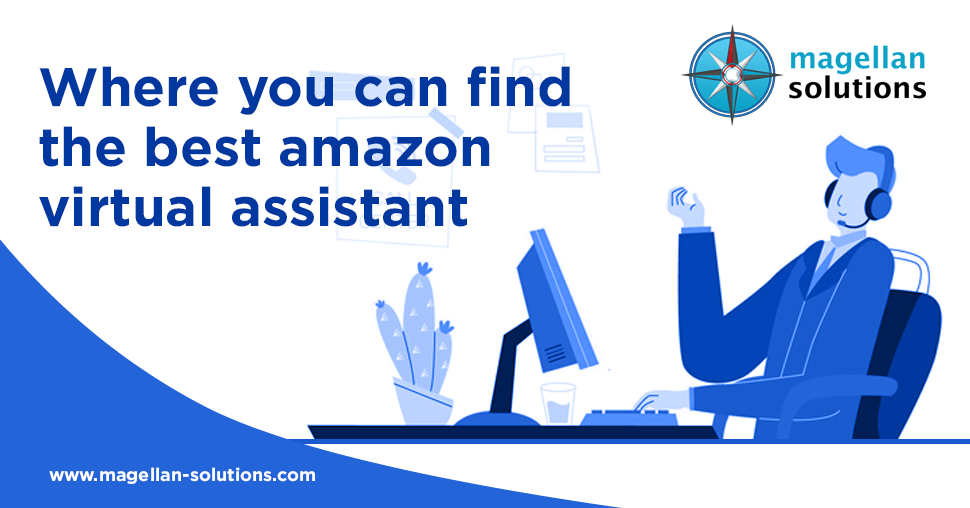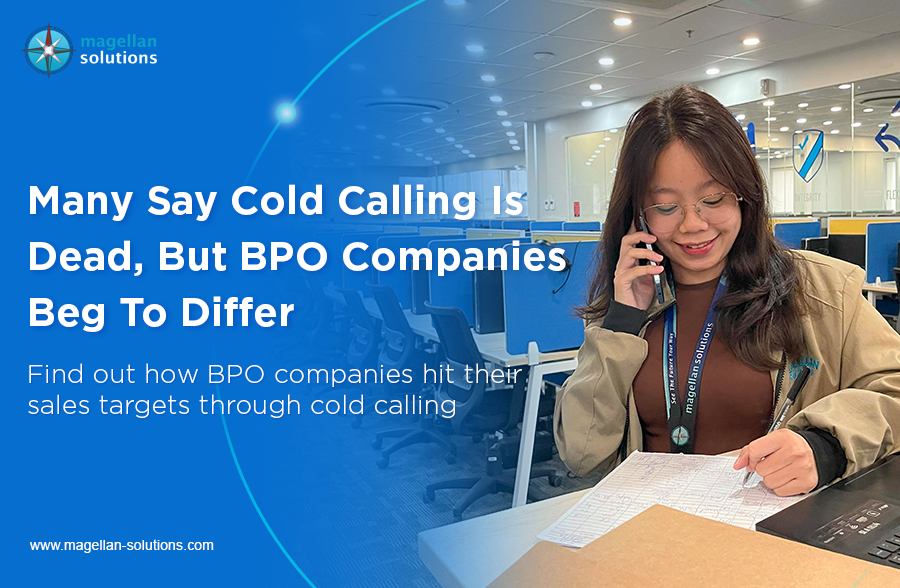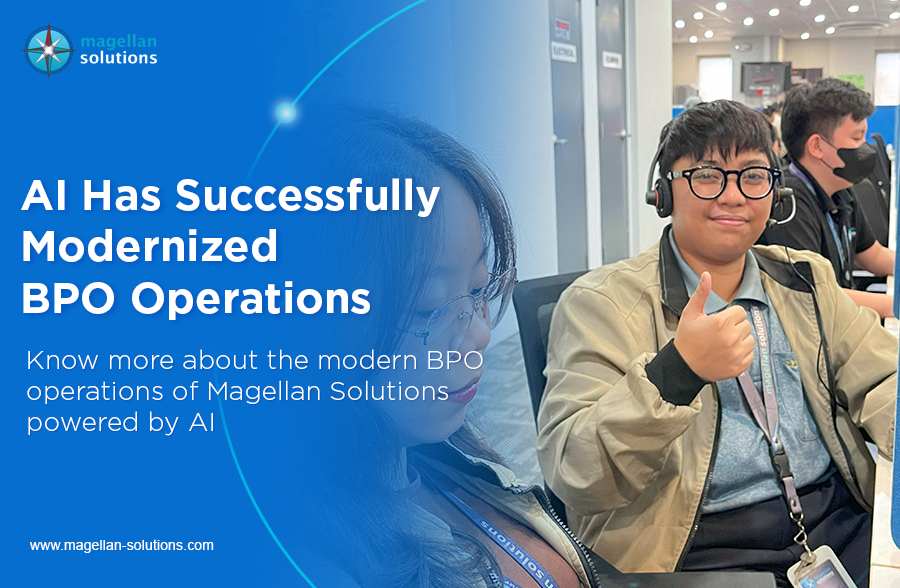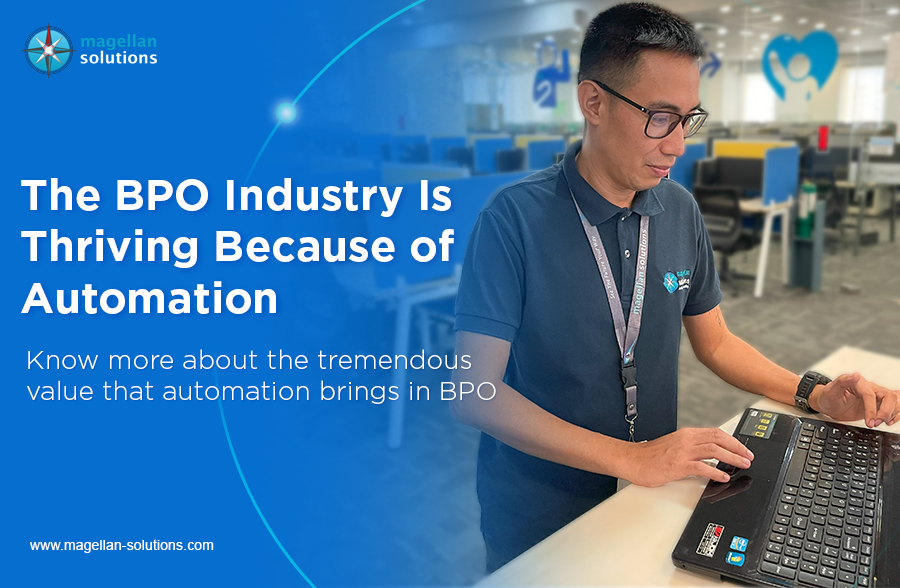Schedule a FREE call with our outsourcing expert now and get a precise quotation that meets your requirements. Don't wait - get started today!
What are the signs of a trustworthy Healthcare BPO?
Is it the company size or years of service? Or is it the capacity of the business?
As you can see, there are too many indicators you can check. Yet, there is so little explanation of what should be your ultimate basis of trust.
In this article, we will look at these indicators one by one. And we will try to explain why or why not it is the best pointer of confidence.
Is Your Healthcare BPO Trustworthy?
Every healthcare business, provider, and payer has that question in their minds. There are a lot of signals to look at, and most of them look convincing.
Let us break down these standard ‘signals’ and see if it should be your basis for getting a BPO partner.
Company Size
Should you trust a large Healthcare BPO company with more than thousands of employees? Or should you get a small to medium-sized BPO with hundreds of people only?
The best way to determine it is to check the risks associated with company size.
All business models have their risks. To determine if a company is trustworthy enough to handle your business operation, you must recognize these common possible opposing challenges:
|
Large Healthcare BPO Company |
||
|
Number of Employees: 500> |
||
|
Risk Description |
Why? |
Implication |
|
Data breaches |
Data breach is the intentional or unintentional disclosure of confidential documents to the public. Since large corporations employ hundreds to thousands of employees, they are more prone to data breaches. It is because keeping in touch with all of their staff is difficult. |
Data is essential for a healthcare BPO as it is the lifestream of operation. Data leakage can have a devastating effect on the financial and reputation of an organization. Identity theft is also a significant threat and concern. Leaked personal data might contain the patient’s social security numbers and banking information. Which hackers can use to make illegal transactions? |
|
The steep decline in service quality |
A considerable size is not equivalent to excellent quality. Since many people are conducting business operations, not all of them can deliver the same quality of effort. Employee training and implementation of new processes is also a challenge since the BPO company must ensure that these hundreds of people understand it. |
In the healthcare industry, quality is always the top priority. A lousy service might ruin the reputation of the company. Subpar service may also lead to mistakes with the medication of patients. Agents without proper training are prone to this. And if that happens, it may lead to lawsuits and even death. |
|
Communication Issues |
Extensive healthcare BPOs tend to have problems communicating work and changes across all the relevant employees. It happens because companies are always handling a large volume of data. And there is a possibility that important information might not reach the intended reader due to this. |
In an article by the Economist Intelligence Unit, executives, managers, and staff at U.S. companies found out that employees believe miscommunication contributes to their stress, failure to complete projects, and loss of sales. |
|
Small to Medium Healthcare BPO Company |
||
|
Number of Employees: <500 |
||
|
Risk Description |
Why? |
Implication |
|
Lack of resources |
Resources refer to both equipment and workforce. Small to medium healthcare call center companies experience this because of their small size. Most of the time, they cannot handle a large volume of calls because there are not enough resources to take it. |
Resources are an indicator of how much a company can take in calls. If they cannot cater to the surge in demand, patients will show disappointment over the long waiting period. Even more so, in the BPO industry, calls are equal to opportunities. Meaning, if you are getting fewer calls, you are not making your every dollar work. |
|
Competition |
Small to medium BPOs are prone to lose to big companies. Competitive risks are the negative impact that a decision of a competitor might have on you. It is often associated with revenue and relevancy. |
In a healthcare BPO, stability is important. Businesses are not hiring contact centers to become band-aid solutions. They want a long-term relationship. A small to medium-sized BPO company with a not-so-good business strategy against its competitor is prone to bankruptcy. It is not the best indicator of trust if your chosen healthcare BPO company cannot stay in the industry for the long term. |
|
Lack of skills |
Since a small to medium-sized company cannot employ more than 500 personnel, there is a limited number of skilled professionals that can do work for you. |
A healthcare BPO with not enough capabilities to do its services spells horror to your business model. Entrepreneurs should get a healthcare outsourcing firm that can do it all. BPOs should save you money and effort. How can that be possible if they cannot commit personnel to specific tasks? |
Determining the dangers and threats in the business structure of your Healthcare Contact Center partner is not enough. You should also consider checking their in-placed controls.
Here are some of the mitigating activities you can ask or do:
|
Risk Description |
Controls |
|
Data Breaches |
|
|
Steep decline in service quality. |
|
|
Communication Issues |
|
|
Lack of resources |
|
|
Competition |
|
|
Lack of skills |
|
Your trust should be based on the controls in place. It is only your indicator that the company can withstand the inherent risk of its business model.
Certification
Certification is the most common basis of trust for businesses before hiring a healthcare BPO, and they are correct.
Certification means that a company is able to pass certain business standards imposed by a certificating body. It also means that they have the capacity and dedication to commit to strict rules and regulations to maintain high quality of service.
We all know that certification is important, however, we are not aware of the certificates that truly matter. So here are a few certifications that hold a lot of bearing in the healthcare BPO industry.
-
HIPAA Compliance Certification
HIPAA stands for Health Insurance Portability and Accountability Act. U.S. federal law enacted it in 1996. The intention of HIPAA is to reform the healthcare industry by simplifying processes and improving the privacy and security of information.
In other words, if a company is HIPAA compliant, that means it passed the standard of protecting sensitive data of patients.
Any organization or person who works in the healthcare industry given that they have access to protected health information (PHI) can undergo HIPAA certification. This includes:
- Healthcare Providers
- Health Insurance Companies
- Medical Insurance BPO
- Healthcare BPO Companies
- Healthcare Clearing Houses
Keep in mind that HIPAA is not a one-time badge. It is a process and it must be continually met. Since there are no official programs for organizations to become compliant, the requirement for HIPAA organizers may change. That is why annual audits need to be conducted to regularly evaluate and adjust practices.
-
ISO/IEC 27001:2013
ISO stands for International Organization for Standardization. It is an independent nongovernmental organization and the largest developer of voluntary international standards in the world
ISO/IEC 27001:2013 is the security standard for Information Security Management Standards (ISMS). Under it are a number of controls to help the organization of all types and sizes to keep all information secure. It mandates requirements on how to implement, monitor, maintain, and continually improve the ISMS.
Healthcare companies that are ISO/IEC 27001:2013 certified passed the numerous regulatory and legal requirements that relate to security of information. It also signifies that the company demonstrates the usage of internationally recognized processes and best practices to deliver its services.
-
PCI DSS
PCI DSS stands for Payment Card Industry Data Security Standard. The intention of this certification is to manage and improve PCI security standards. It started on September 7, 2006.
PCI DSS is a set of requirements intended to ensure that all companies that process, store, or transmit credit card information maintain a secure environment.
The PCI Security Standards Council (SSC) administers everything that is related to the DSS. They also provide frameworks, tools, measurements, and support resources to help organizations.
The usual requirement to be PCI DSS certified is the following:
- Use and maintain firewalls
- Proper password protection
- Protect cardholder data
- Encrypt transmitted data
- Use and maintain anti-virus
- Properly updated software
- Restrict data access
- Unique I.D.s for access
- Digital storage of data
- Create and maintain an access log
- Scan and test for vulnerabilities
- Strict document policies
PCI DSS is applicable to any industry. It is essential for healthcare BPOs as it ensures the protection of incoming payments from patients.
-
GDPR
GDPR stands for General Data Protection Regulation. The European Parliament adopted the GDPR in April 2016, replacing an outdated data protection directive from 1995.
GDPR is a regulation that aims to protect the personal data and privacy of E.U. citizens for transactions that occur within the 28 E.U. member states. It also regulates the exportation of personal data outside the E.U.
The GDPR is the response of the European Union to the growing concerns about data protection. In a survey conducted by the RSA Data Privacy & Security, 80% of 7,500 consumers across five countries (USA, U.K., Italy, Germany & France) listed financial and banking information as their top concern with respect to data loss.
In the healthcare industry, BPOs are in charge of huge amounts of customer data. From personal health status to bank information. That is why GDPR is a must if you plan to deal with patients across the 28 E.U. member states.
Years of Existence
Longevity is a good indicator that the company is stable enough to stay in the industry.
Although, years in existence is a deceptive number to consider as a basis of trust in getting a healthcare BPO. It indicates resilience but not the relevance of the company to the industry and its performance.
In a study by the University Utara Malaysia, they found out that there are five important factors about longevity that matters.
- Innovative capability
- Organizational system
- Resources
- Organizational culture
- Strategy
They revealed that these factors are your indicators to determine that a company is a successful and reliable parallel to their years of service.
So relying on numbers alone is not good enough. You must take into consideration their plan for success moving forward. It is quality over quantity.
Ask these questions to yourself to get a better grasp of their relevance in the industry:
- Do they have a clear vision?
- Does the management style motivate employees to obtain my vision?
- Do they have a clear business model that reflects the goals of my company?
- Do they have an adaptable business strategy that changes with the market?
- Do they have an effective strategy?
- Do they have a stable financial condition?
- Do they have strong advisors and/or a team of committed employees?
- Does their company present a consistent level of quality to customers?
- Are they flexible in adapting to changes in the industry?
- Are they constantly educating themselves to keep up with business trends?
In a healthcare BPO setting, the years of existence of a business hardly matter as well. What should matter, other than the points stated above is the capacity of the business to take in different services under its wing.
The most common healthcare BPO services that companies outsource are:
If a BPO company offers these services and more, they have the capacity and experience to stay relevant in the industry. And that is a good indicator of trust.
Healthcare BPO Support Services Conclusion
Size, certification, and years of existence are good indicators of healthcare trust, but you must look beyond what companies claim to be true.
Size is essential because it shows power. The larger the company, the more resources it can use to achieve its goal. Regardless, it is still prone to risks. In a healthcare environment, we want to experience fewer risks as much as possible. You must check its mitigating controls to ensure that it is at the top of its performance.
Certifications are great pointers for trust. However, only a few certificates matter, and it is also important to know what all of these standards mean.
Years of existence are rather irrelevant in the context of trust. Resiliency is important, but relevancy and capacity weigh in more. Trust a healthcare outsourcing company that shows capabilities in handling multiple services. And a company that is willing to meet your goals and standards.
Your basis of trust in getting a healthcare BPO should depend on the research and your knowledge about the firm. Use what you learned to make better judgments in the future.
A Healthcare Outsourcing Firm You Can Trust
Magellan Solutions is a BPO company based in the Philippines. With over 17 years of industry experience, we offer high-quality call center services to all industries. Our company is ISO 27001:2013-certified and HIPAA-compliant, guaranteeing the quality of service.
At Magellan Solutions, we train our agents to become customer service experts. We make sure that they have the necessary tools, equipment, and knowledge to serve customers efficiently.
We want to extend our services even to small and medium enterprises, so our rates are highly flexible and competitive.
Get in touch with us now, and we shall discuss how our company can help your business.
Complete the contact form below and get your 60-minute free business consultation with us today!
















